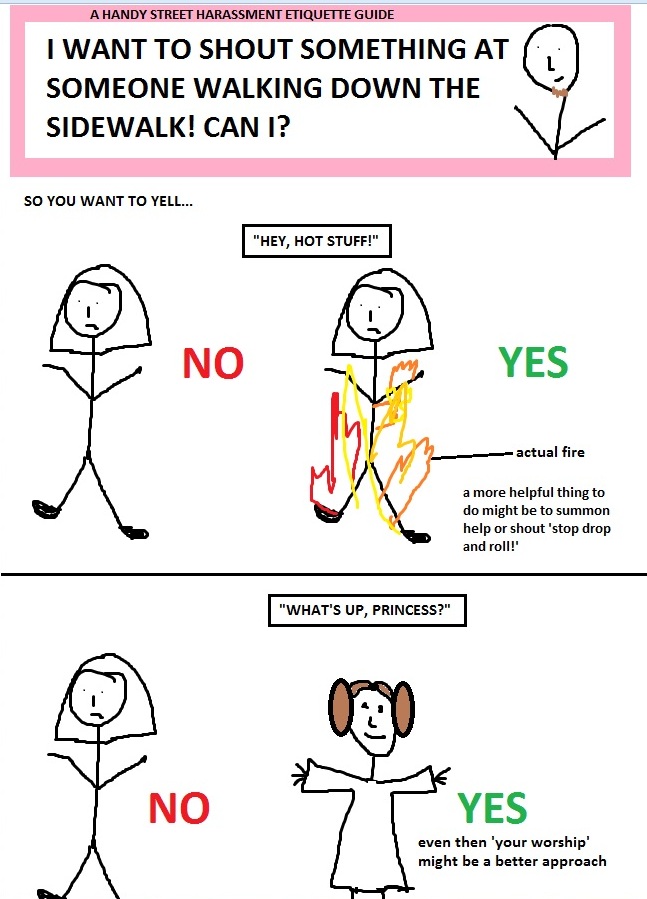 “As a co-sponsor of International Anti-Street Harassment Week, Brooklyn Movement Center held a chalk party at Fulton Park, a public space in Bed-Stuy where women are often harassed. We wrote anti-street harassment messages on the ground and declared it a street harassment free zone! We partnered up with Charla Harlow of Harlow Projects who video-recorded people sharing their experiences with street harassment.” View all of the photos.
“As a co-sponsor of International Anti-Street Harassment Week, Brooklyn Movement Center held a chalk party at Fulton Park, a public space in Bed-Stuy where women are often harassed. We wrote anti-street harassment messages on the ground and declared it a street harassment free zone! We partnered up with Charla Harlow of Harlow Projects who video-recorded people sharing their experiences with street harassment.” View all of the photos.








